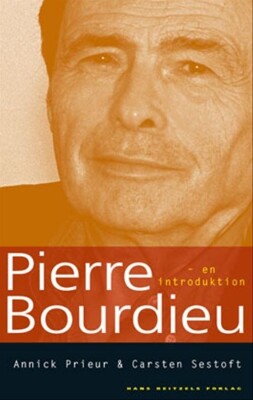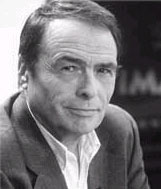

Here is how Bourdieu deals with this problem. What is required then, to justify the concept of f orms of capital which are “non-economic” is to establish that they can be converted into “economic capital,” and thus that everything deemed to be a form of capital can be arranged, under some specified condition, along a single axis, i.e., quantified. Let us take it as read that the concept of “economic” capital is understood, and that it can take various forms ‒ factories, stockpiles, intellectual property, shares, finance capital, and so on. Let us clarify some of the main concepts Bourdieu uses. It actually adds nothing to what he has achieved. However, I find the way Bourdieu tries to turn all these pairs of opposites into a single, universal ordering principle, such that all dichotomous ordering principles are in some sense ‘the same’, an aspect of his thinking which is best dispensed with. He shows how people learn to tailor their expectations and their own view of themselves to their place in a hierarchy of political power and their share in the social product, at the same time as finding vehicles to contest the place a class fraction has in that hierarchy and the place an individual can lay claim to in a given class fraction.īourdieu also claims an understanding of how other deep-seated relations of subordination, especially age and gender, merge with economic and cultural relations of subordination in sublimated forms, shedding light on how multiple forms of subordination articulate with one another. Pierre Bourdieu claims to show at great length and detail (in reference to 1960s/70s France) how the knowledge and use of cultural artefacts and the body, and the taste which people develop for culture (everything from food, clothing and life-style to preferences in painting and music) constitute multiply sublimated transformations of a single relation of dominant to dominated class, moderating the myriad of struggles between classes and class fractions in modern capitalist society. On its own, possession of greater or lesser title to means of production (“economic capital”) in fact explains very little about the dynamics of bourgeois society.

If social class is defined by relation to the means of production, this still does not tell us how classes are constituted as classes, nor how the complex status hierarchies of capitalist societies are articulated and internalised by individuals or how other systems of status subordination are integrated within a class system of domination. Pierre Bourdieu 1979, translated by Richard Nice, publ. A Social Critique of the Judgment of Taste.

Bourdieu on Status, Class and Culture by Andy Blunden 2004Īndy Blunden May 2004 Bourdieu on Status, Class and Cultureĭistinctions.


 0 kommentar(er)
0 kommentar(er)
